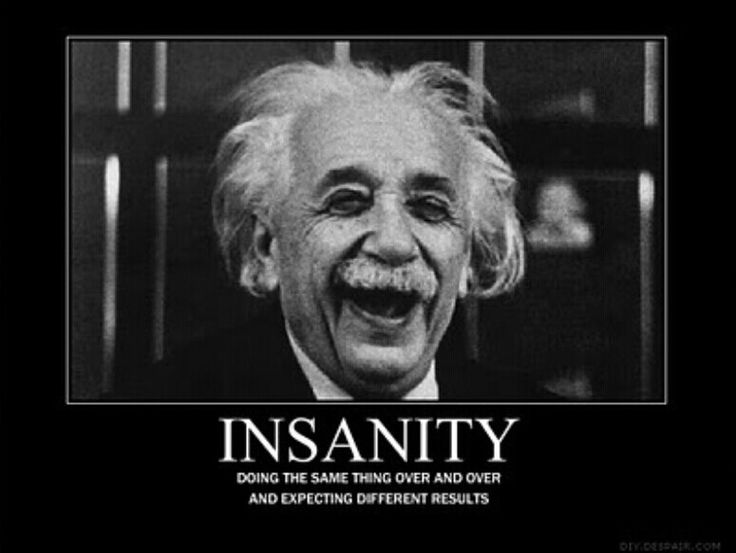Great minds sometimes think alike. And, again, Aristotle did not read Marx or Adam Smith – he looked around and studied 158 city states to learn what works best. I invite you to do the same today.
From Aristotle:
A constitution based on the middle class is the mean between the extremes of oligarchy (rule by the rich) and democracy (rule by the poor). “That the middle [constitution] is best is evident, for it is the freest from faction: where the middle class is numerous, there least occur factions and divisions among citizens” (IV.11.1296a7–9). The middle constitution is therefore both more stable and more just than oligarchy and democracy.
Aristotle argues that the middle class is best suited to ruling and being ruled in turn. Those who enjoy, “an excess of good fortune (strength, wealth, friends, and other things of the sort”) love to rule and dislike being ruled.
From an early age, the wealthy are instilled with a “love of ruling and desire to rule, both of which are harmful to cities” (1295b12), and, “because of the luxury they live in, being ruled is not something they get used to, even at school” (1295b13–17). By contrast, poverty breeds vice, servility, and small-mindedness. Thus the poor are easy to push around, and if they do gain power they are incapable of exercising it virtuously.
Therefore, without a middle class, “a city of slaves and masters arises, not a city of the free, and the first are full of envy while the second are full of contempt.” Such a city must be “at the furthest remove from friendship and political community” (1295b21–24).
The presence of a strong middle class, however, binds the city into a whole, limiting the tendency of the rich to tyranny and the poor to slavishness, creating a “city of the free.”
Those in the middle are, among all the citizens, the most likely to survive in times of upheaval, when the poor starve and the rich become targets. They are sufficiently content with their lot not to envy the possessions of the rich. Yet they are not so wealthy that the poor envy them. They neither plot against the rich nor are plotted against by the poor.
A large middle class stabilizes a regime, particularly if the middle is “stronger than both extremes or, otherwise, than either one of them. For the middle will tip the balance when added to either side and prevent the emergence of an excess at the opposite extremes” (1295b36–40).
Without a large and powerful middle class, “either ultimate rule of the populace arises or unmixed oligarchy does, or, because of excess on both sides, tyranny” (1296a3; cf. 6.12, 1297a6ff).
Regimes with large middle classes are relatively free of faction and therefore more concerned with the common good. This is because a large middle class makes it harder to separate everyone out into two groups. (1296a7–10).
Another sign of the superiority of middle class regimes is that the best legislators come from the middle class. As examples, he cites Solon, Lycurgus, and Charondas (1296a18–21).
Basic Works of Aristotle: ed. Richard McKeon: Random House
We may congratulate ourselves that this cruel war is nearing its end. It has cost a vast amount of treasure and blood … It has indeed been a trying hour for the Republic; but I see in the near future a crisis approaching that unnerves me and causes me to tremble for the safety of my country. As a result of the war, corporations have been enthroned and an era of corruption in high places will follow, and the money power of the country will endeavor to prolong its reign by working upon the prejudices of the people until all wealth is aggregated in a few hands and the Republic is destroyed. I feel at this moment more anxiety for the safety of my country than ever before, even in the midst of war. God grant that my suspicions may prove groundless.”
— Abraham Lincoln Nov. 21 1864 letter to Col. William F. Elkins, in ‘The Lincoln Encyclopedia’
